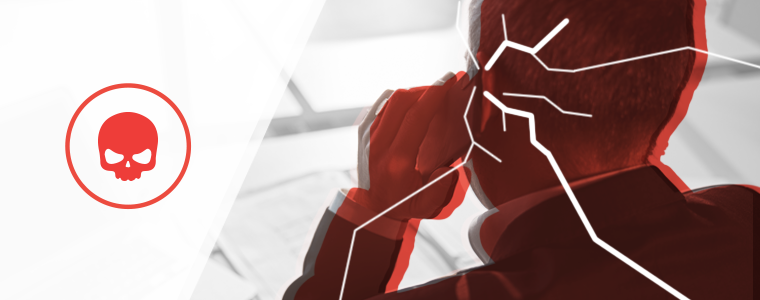School, Security & SHR Solutions
Our student records are in danger.
Hackers target organizations that have access to personal health information (PHI), meaning educational institutions are vulnerable in ways that other verticals are not. Schools often store private employee information, academic records, student and student athlete health records, credit card numbers and proprietary research.
With information that important on the line, it’s no wonder parents, students and student athletes are demanding schools and higher learning institutions strengthen their cybersecurity defenses. It’s vital schools evaluate their student health record (SHR) solution vendor before making a purchase.
Establishing Education Security Policies
Security is a process.
It starts with writing a security policy. First, you must identify the sensitive data and several important details:
- Its location
- Who is authorized to access the data
- Known threats
- How it’s best secured
Next, it’s time to execute the plan. Having such detailed policies is crucial for schools, who are a common target for security breaches. If your employees know and follow the security procedures, you can avoid a top cause of PHI leaks — human error.
Every vendor you use should also have a security plan and follow your policies. As an extension of your school, all of your vendors must help protect your data from internal and external threats.
Selecting a SHR Vendor
Protecting students’ and staff’s personal information is critical for schools and their vendors.
If you’re selecting a new SHR vendor, there are some requirements you should consider:
- What is their security protocol? Is their framework a good match for your school?
- Do they comply with payment card industry (PCI) data security standards? Do they report on PCI compliance?
- Do they follow the HIPAA Security Rule for Patient Health Information?
- What is their incident response policy?
- How often do they complete security assessments, like penetration testing and risk assessments? A good vendor should be proactive with these tests.
- How do they train employees on security risk management?
- What are their password policies for remote access applications?
Agio’s Security Risk Management
As a leading managed security provider, Agio knows the ins and outs of education security. We specialize in PCI, health care and other industries hackers prey upon. When you work with Agio, you’ll have access to decades of cybersecurity experience via our engineers who live and breathe HIPAA Security and Privacy Rules, NIST SP 800, HITRUST CSF and other cybersecurity best practices.
Share post
Featured Posts
Connect with us.
Need a solution? Want to partner with us? Please complete the fields below to connect with a member of our team.



